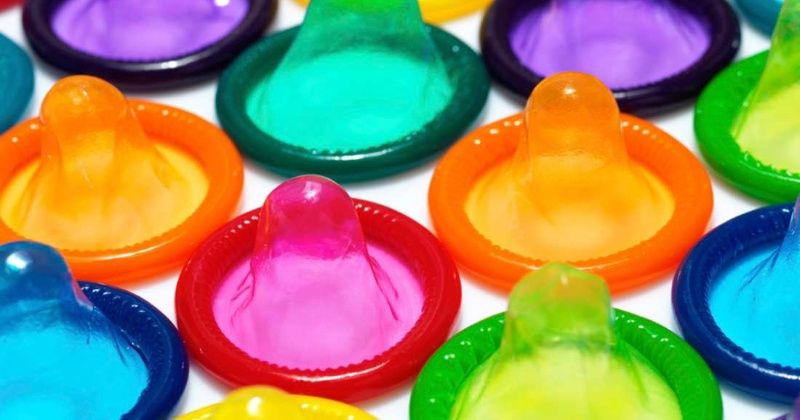Really? Research showing a rise in unprotected sex among Hong Kong’s youth is concerning enough but a drop in the amount of young people using condoms when having sex with prostitutes, come on now.
The findings, released yesterday by the NGO Aids Concern, show a serious need for better sex education in schools, said Jim Hoe, the group’s advocacy and community research manager.
“This number maybe cannot fully represent the full picture of the youth community but it can represent the risky population among the youth community,” Hoe told Coconuts HK.
“Mainly there are two major reasons. The first one is related to knowledge, because they don’t have enough, or accurate, sexual health knowledge and they don’t know how to protect themselves. They think it’s okay not to use a condom or birth control.
“The second one is related to the woman and relationships, they don’t want to upset their partners. There’s a belief that it’s a selfish… even they don’t dare to request to use a condom.”
A presentation the NGO gave yesterday provided data on condom usage in four categories: those in a relationship, those with regular sexual partners, those with casual sexual partners, and those having sex with prostitutes.
The figures were gleaned from surveys completed by 3,013 young people, aged between 14 and 25, who had visited the group’s center in Jordan for a sexual health check-up.
For those who had sex with a prostitute, only 71 percent surveyed in 2017/18 said they’d used a condom, down from 84 percent in 2014/15.
It also fell for all the other categories. For those sleeping with casual partners it dropped from 64 percent in 2014/15 to 36 percent in 2017/18, for those with regular partners it fell from 41 percent to 27 percent in the same time frame.
Condom usage also fell by couples in heterosexual relationships — from 44 percent in 2014/15 to 28 percent in 2017/18.
Not great.
“We believe that it is related to education, obviously young people will easily access sexual health information through the internet like Facebook, or Snapchat or through their peers but we doubt the accuracy of the information,” he said.
“That’s the reason why Aids Concern argue that the government should take the responsibility to set the curriculum of sexual health for the youth population. That’s the one way to make sure that sexual health knowledge will be accurate.”
The authorities’ guidelines on sex education were established in 1997, however they were designed as a reference for schools implementing sex education and “should not be regarded as a curriculum guide”.
Sex education is currently taught as part of the Liberal Studies curriculum at secondary level, and the Moral and Civic Education at primary and secondary level.
But some critics argue that although sex education is part of the curriculum, it is not compulsory.
Earlier this year, a group of medical students at the University of Hong Kong carried out a spot test on campus to see if students could put a condom on a dildo correctly.
The results weren’t encouraging.





Reader Interactions